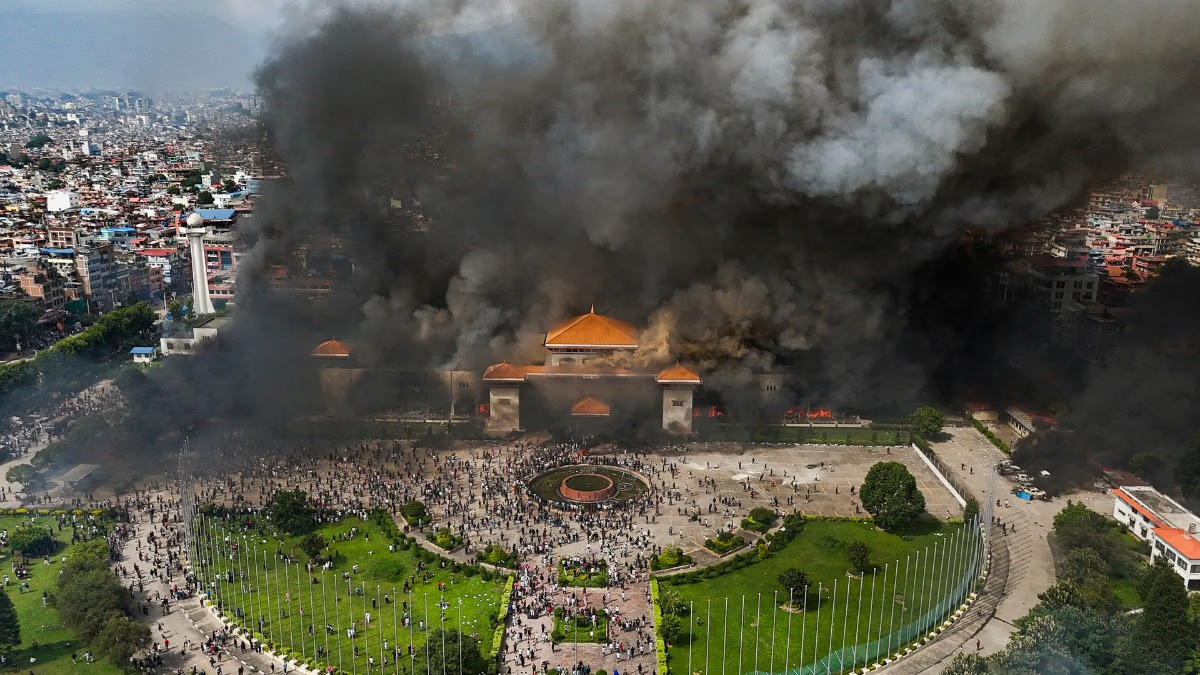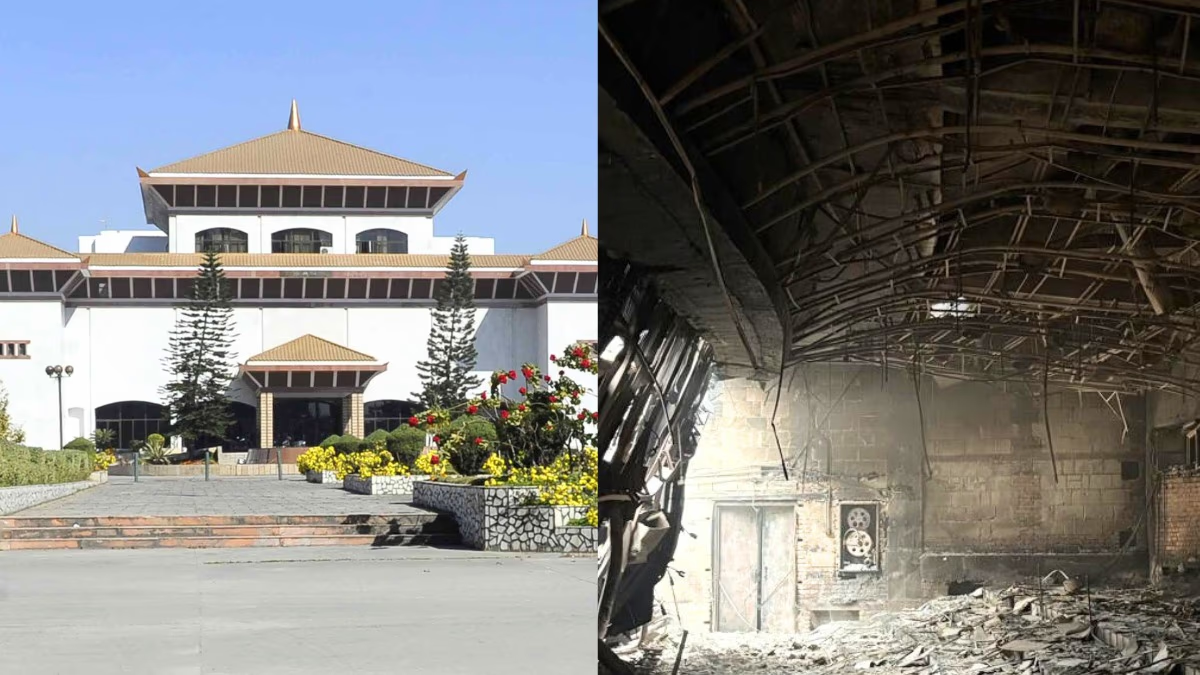China's economy is weakening. Strikingly, China, once known for ensnaring smaller, poorer nations in its debt web, is itself sinking under a mounting pile of obligations.
By the end of 2023, debt touched 288% of its GDP, reaching unprecedented heights. This marks a 13.5% climb from the previous year.
The growth rate in China is slowing. Employment is nowhere to be found. Its real estate sector appears to be collapsing. Last year, US President Joe Biden described China's economic future as 'perilous'.
How much debt is China in?
According to a Newsweek report, by the end of 2023, China's debt amassed to a total of $560 billion. This was 287.8% of its GDP.
A Nikkei Asia review indicates that household debt in China has surged to 63.5% of its GDP, whereas non-financial corporate debt has reached 168.4%, and government debt has risen to 55.9%.
To put this into context, China is drowning in debt that is more than double what the United States owes.
Historically, Japan was the world's most indebted nation, with debt once reaching 220% of its GDP.
Real Estate in Crisis!
China's real estate sector is undergoing severe turmoil. Real estate accounts for 20% of China's GDP and is significantly affected.
Consider that just two months ago, a Hong Kong court ordered China's significant property company Evergrande to liquidate assets to pay off debts. Evergrande owes more than $300 billion.
Economist Antonio Graceffo warned on social media that China's real estate sector is collapsing and could drag banks down with it.
China's real estate downturn began following the 2020 pandemic. Even before, the Jinping administration had capped borrowing capacity for real estate developers following lessons from the 2008 financial crisis. The developers' failure to repay the billions of dollars borrowed has led to their undoing.
Moreover, buyers are rapidly disappearing in China, further crippling the real estate market. In 2022, home sales fell to 9.6 million nationwide—a 30% decline from 2021.
How did China's situation deteriorate?
Experts believe China is experiencing what Japan did: rapid economic growth followed by a slump.
Following economic reforms in the 1970s, China's economy grew swiftly. The export and real estate markets boomed, transforming China into the world's second-largest economy in under a century.
Japan, post-World War II, experienced substantial growth, followed by increasing debt. In 1989, its stock market crashed, and over the following 13 years decreased by 80%. Since 1991, Japan's real estate sector has been in crisis.
Between 1954 and 1973, Japan's economy grew at an annual rate of over 10%. From 1981 to 2023, however, growth slowed to a mere 1-2% per year. China could face similar hardships.
What is Jinping's plan?
At a recent two-day session of China's National People's Congress, the government indirectly admitted to the economic crisis. Foreign Minister Wang Yi expressed that China has always been strong and is now opening its doors to others.
The Chinese government has opened its economy to foreign investors and traders. Wang Yi maintains that China remains a favored destination for investors and businessmen, announcing so during a period when FDI in China reached a 30-year low.
The Jinping administration targets a 5% GDP growth for the year while aiming to create 12 million new jobs.
In any economic crisis, governments usually face blame. However, for China, the issue seems rooted in an extended period of rapid growth that amassed precarious debts. The higher the climb, the steeper and faster the fall, they say.




